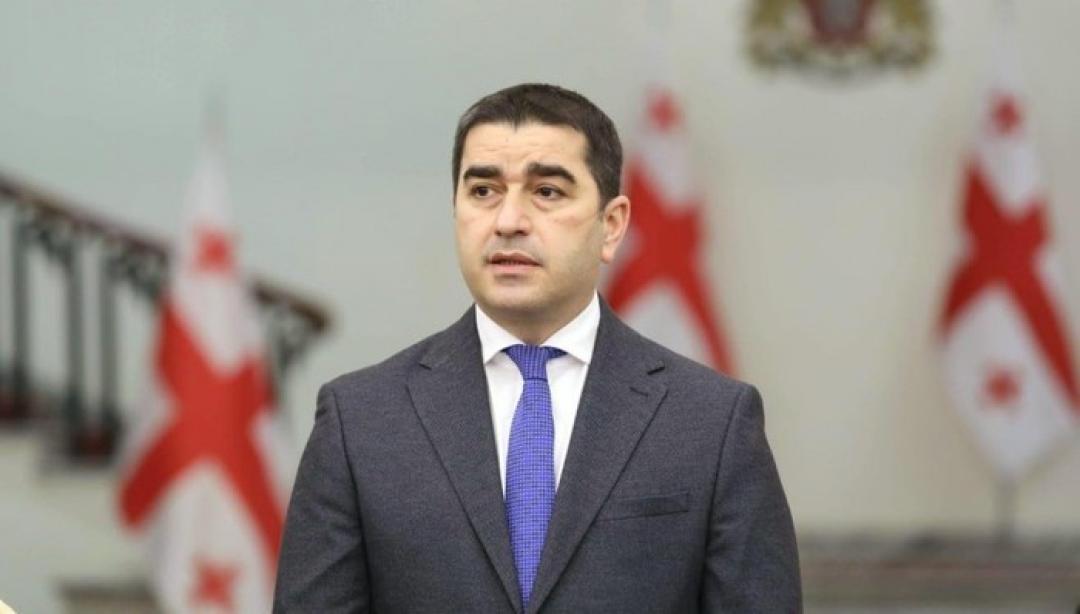
Georgian Parliament Chairman Raises Concerns Over NGO Funding Disparity

On February 9, Shalva Papuashvili, the Chairman of the Parliament of Georgia, shed light on a significant disparity: the five wealthiest non-governmental organizations (NGOs) in Georgia collectively manage more funds than all political parties combined during non-election periods.
Papuashvili emphasized the necessity for donors supporting NGOs to acknowledge their responsibility for these organizations' activities. He highlighted NGOs' pivotal role in shaping public discourse and policy, underscoring the need for transparency and accountability in their operations. "Georgia's pursuit of European Union (EU) accession adds another layer of complexity to its political landscape. As the country gears up for negotiations with the EU, Papuashvili stressed the importance of bolstering democratic institutions and fostering active civil society engagement. While the government remains committed to advancing EU integration," Papuashvili emphasized the indispensable role of constructive civil society participation in this endeavor.
However, recent developments have revealed significant challenges in Georgia's civil society landscape. Papuashvili expressed concerns about the actions of certain NGOs, citing their departure from the Georgian National Platform of the Eastern Partnership Civil Society Forum and their subsequent efforts to undermine the country's democratic processes. He criticized these organizations for allegedly distorting facts and manipulating public discourse to serve their own agendas.
Moreover, Papuashvili pointed out the concerning trend of foreign funding dominating the financial resources of Georgian NGOs. He raised questions about the transparency and accountability of these funds, particularly regarding their potential to influence political decisions and agendas. He argues that the opacity surrounding foreign funding poses a fundamental challenge to Georgia's democratic institutions and processes.
Papuashvili highlighted instances where well-funded NGOs exerted undue influence over smaller political parties, compromising the integrity of democratic processes such as the election of the Public Defender. He underscored the need for greater transparency and oversight to prevent the manipulation of political outcomes by vested interests.
To address these challenges, Papuashvili proposed measures to enhance financial transparency and accountability within Georgia's civil society sector. He called for increased disclosure of NGO activities and finances, emphasizing the importance of donor accountability in supporting transparent and ethical practices.
Papuashvili also advocated for adopting international standards of aid effectiveness, urging donors and partner countries to uphold principles of transparency and accountability in their funding practices. He proposed a public agreement to ensure full disclosure of NGO funding and activities, promoting constructive dialogue and shared responsibility among stakeholders.
See Also


Simonyan: “Armenia Should Trade with Turkey and Azerbaijan Instead of Closing Borders”

Mirzoyan Meets US Deputy Assistant Secretary Joshua Huck

Azerbaijani President Holds Talks with UAE and German Business Delegations on Economic Cooperation

Grigoryan Confirms Armenia’s Readiness to Dissolve OSCE Minsk Group Upon Peace Treaty Signing

